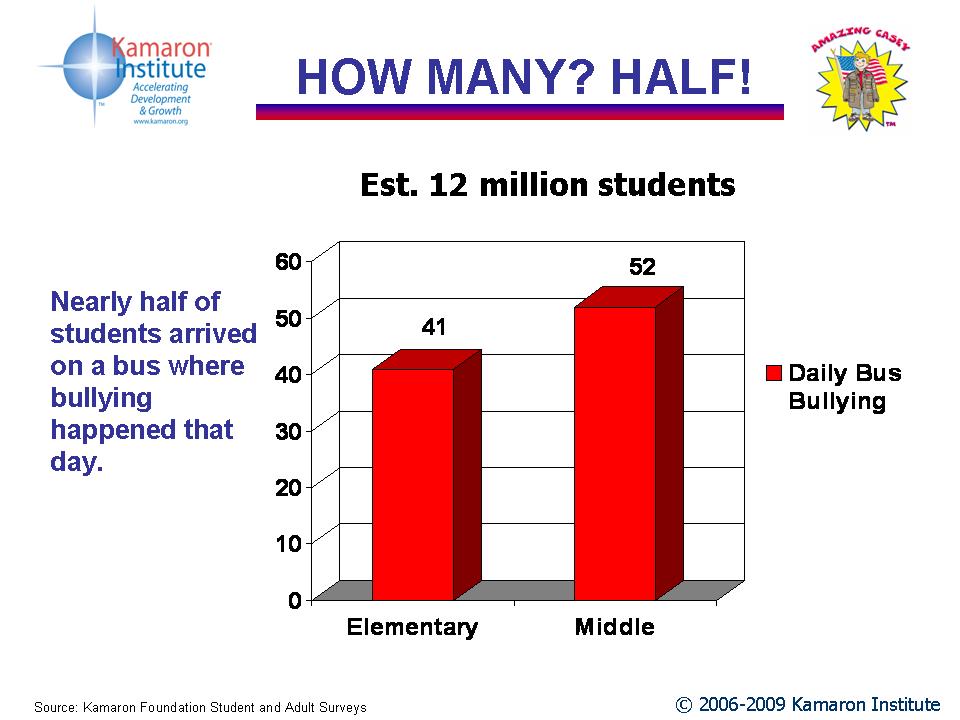Following these six quick steps for school and homework organization can make this your child's most sucessful year yet and lower your morning stress. - Margaret Ross
.jpg) If your kids are like most, their backpacks, desks, lockers quickly become a disorganized mess of homework, flyaway papers, and permission slips. Getting organized helps children and parents to be less stressed. When children know where their work is and are able to find what they need, they don’t waste time and energy looking for misplaced papers and missing math books.
If your kids are like most, their backpacks, desks, lockers quickly become a disorganized mess of homework, flyaway papers, and permission slips. Getting organized helps children and parents to be less stressed. When children know where their work is and are able to find what they need, they don’t waste time and energy looking for misplaced papers and missing math books. It’s never too late or too early to teach children how to get and stay organized with schoolwork. Organizing and setting up easy steps that you all do daily, is guaranteed to mean fewer buses missed, burned breakfasts and other morning emergencies. The skills your children learn now can carry over into high school, college, and careers.
6 Quick Steps For School Success
1. Set Up the Space
2. Get Your Child Involved In the Plan
3. Establish a Routine
4. Encourage Color Coding
5. Partner with the School and Teachers
6. Use Technology to Stay Informed
1. Set Up the Space
The first thing you need is a study space and a system at home for monitoring school work and notes sent home. The computer your child uses should be in a centralized location such as a family room or kitchen; so putting an “in box” type basket and a desktop file system with color coded folders and supplies (markers, sticky notes, crayons, calculator etc.) can go near the computer. Have a dry erase monthly calendar in this study area. Make note of classes and when assignments or projects are due.
2. Get Your Child Involved In the Plan
The more involved kids are with the process, the more they will stick with it.
Getting them (and you) to stick to routines is important. Avoid the morning homework dash by having your child update and organize assignments and backpacks each evening as part of standard homework routine.
3. Establish a Routine
With your child, determine the best time for daily school work and stick with it. This time is scheduled and set aside the same way sports practice or any appointment would be reserved. For some it is right after school and for others it’s after some downtime activity. The most important thing is to stick with the schedule so your child clearly understands what is expected. Note the daily homework time on the monthly dry erase calendar.
4. Encourage Color Coding
Let kids pick the colors of their folders, binders to correspond to different classes. If red reminds them of math, they’ll know instantly to grab the red folder or notebook when looking for their math homework. Color affects our mood and memory.
Colorful labels and book covers can act as a reminder to bring home the red-covered math book and red folder to do their math assignment.
5. Partner with the School and Teachers
Use both high tech and high touch skills for your child’s school success. Pair a face-to-face visit (high touch) expressing your appreciation and support while providing your cell and email contacts (high tech) are a good way to launch a new school year relationship.
6. Use Technology To Stay Informed
Education has never been more wired or more wireless. Your child’s teachers may have a homework voicemail that can be checked and they usually publish their school email address. The school’s website is an information treasure trove, with everything from the bus schedule and lunch menu to class projects, teacher bios, and education resources.
The building blocks for getting an “A” on a test or receiving the “most improved reader certificate” are found in the small daily tasks taken to prepare. Good habits such as study habits, exercise habits, or kindness habits are built step by step over time. I recommend reinforcing each of the good habit behavioral building blocks. Parental direct instruction, behavior monitoring, regular course correction and small family celebrations are required to make it all work.
A small and regular reward system at home can help your child remember to bring home papers and turn things in on time.
During my years in the classroom, I wanted parents to understand that I was on their side. We needed to be partners because I was not the parent. They were. Parenting isn’t a popularity contest. It is, however, the most important job on planet earth.
About Author
Margaret Ross, is an educational and workplace relationship expert, CEO of the Kamaron Institute and a regularly featured guest on America’s top radio programs. www.kamaron.org.
Contact: Margaret Ross of the Kamaron Institute.


